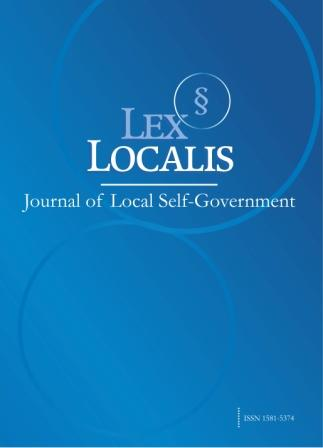EFFECT OF FABRIC STRUCTURE ON THE AIRPERMEABILITY AND MOISTURE MANAGEMNT OF THE SOCKS MADE OF COTTON, COTTON/BAMBOO AND COTTON/BANANA YARNS
DOI:
https://doi.org/10.52152/Keywords:
Socks, Cotton, Bamboo, Banana, Knit structure, Air permeability and Moisture management propertiesAbstract
This study examines the impact of fabric structure on the air permeability characteristics of socks knitted from three different yarn compositions: 100% cotton, cotton/bamboo blend, and cotton/banana blend. Two distinct knit structures—single jersey and rib were employed to assess the combined effect of fiber content and fabric architecture on breathability. Air permeability measurements were conducted under standardized conditions using a digital air permeability tester. The results indicate that both yarn composition and fabric structure significantly influence the air permeability of the socks. Among the fabric types, rib structures consistently exhibited the highest air permeability, followed by single jersey construction. Furthermore, socks made from cotton/bamboo and cotton/banana yarns demonstrated enhanced air permeability compared to those made from pure cotton, attributed to the more porous and hydrophilic nature of bamboo and banana fibers. These findings underscore the importance of selecting appropriate fiber blends and fabric structures to optimize the comfort and functional performance of socks, particularly in applications requiring effective moisture management and ventilation.
Downloads
Published
Issue
Section
License
Copyright (c) 2025 Lex localis - Journal of Local Self-Government

This work is licensed under a Creative Commons Attribution-NonCommercial-NoDerivatives 4.0 International License.








